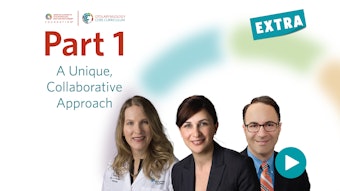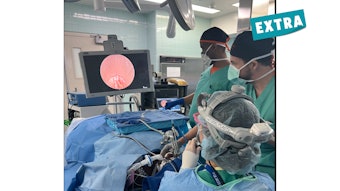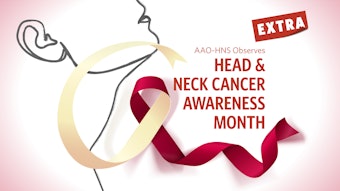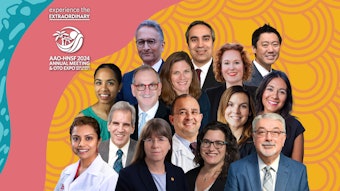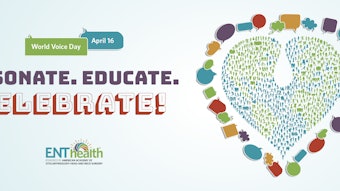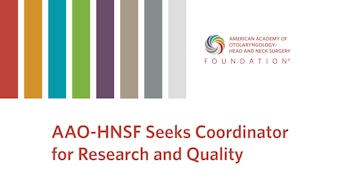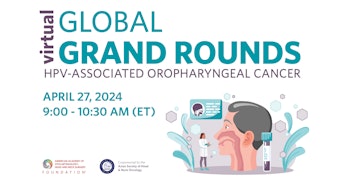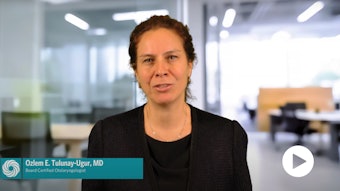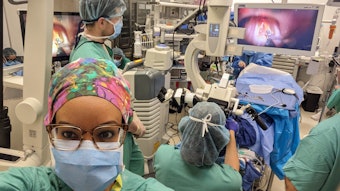Ethics in Our Every Day
The intersection of bioethical principles and clinical practice appears in many commonplace but challenging situations. Applying ethics concepts to these scenarios can help mitigate harm and maximize benefits for all.
Madelyn N. Stevens, MD, Jennifer J. Shin, MD, SM, and Andrew G. Shuman, MD, HEC-C
The Principles of Bioethics

Ethical principles are often invoked when facing difficult clinical situations or interpersonal conflict. For example, consider a clinical situation in which a medically complex patient with a need for an airway intervention is refusing surgery despite inconsistent prior stated wishes regarding their treatment preferences. The clinical team in this scenario will likely not hesitate to involve ethics consultants to aid in appropriate decision-making for this patient. Recently, there has been greater attention toward applying foundational ethics principles to daily and seemingly more mundane interactions and decisions. These more commonplace practical issues may have much broader ramifications than are immediately apparent.
Ethics in Our Every Day
“Ethics concerns not only questions of life and death but how one ought to live with and interact with others on a daily basis. The ethics of the ordinary is just as much part of healthcare ethics as the ethics of the extraordinary.”
– Arthur Caplan
Ethical principles are intertwined in the common, practical issues that frequently impact people. Ethics involves human interactions, and while it is frequently thought of in the context of professional relationships (e.g., coworkers, doctors, and patients), ethical principles can also be applied to personal relationships. These everyday situations can be discussed using ordinary language.
Sample Case and Discussion: Restricted Resources
Case: The operating rooms have been constrained by loss of staff. There is not sufficient space to provide block time according to need, and surgeons are faced with repeated lack of access, despite having waiting cases. Some surgeons are allocated zero or minimal block time and can only add cases through the wait list. The wait list can result in children or older patients having cases that begin in the evenings and in surgeons carrying out late-night procedures before regularly scheduled early morning clinics. It can also result in an inability to assign an OR date to a patient until shortly before elective surgery, despite months since the initial decision to proceed.
Applying ethics concepts to resource scarcity on a larger scale during the COVID-19 pandemic, Rawlings et al. write, “Maximizing benefits from available resources, treating people equally, recognizing instrumental value, and prioritizing the worst off are established values."3 The same reasoning applies to everyday resource scarcity—such as limited operating room time—that surgeons face at individual hospitals and surgery centers. Choosing how to balance the needs of individual patients within the larger context of the group is difficult. There are likely tangible consequences of burnout among frontline staff who juggle unnecessarily complex scheduling and face understandably disgruntled patients and families who have been impacted by the inability to plan operating room times, abrupt schedule shifts to accommodate when operating room time becomes available at the last minute, and long wait times.
Open communication about intent can help mitigate these reactions. As stated by Rawlings et al., “Health care professionals, patients and families, and others in society benefit by understanding the rationale and ethical support for [these] clinical and surgical practices. Patient and societal trust in the medical community is better maintained when they receive accurate, honest, and transparent communication.”
References
- Hippocrates. Of the Epidemics Vol I-VII. 400 BCE.
- Beauchamp TL, Childress JF. Principles of biomedical ethics. New York, NY: Oxford University Press; 1979.
- Rawlings A, Brandt L, Ferreres A, Asbun H, Shadduck P. Ethical considerations for allocation of scarce resources and alterations in surgical care during a pandemic. Surg Endosc. 2021 May;35(5):2217-2222.
